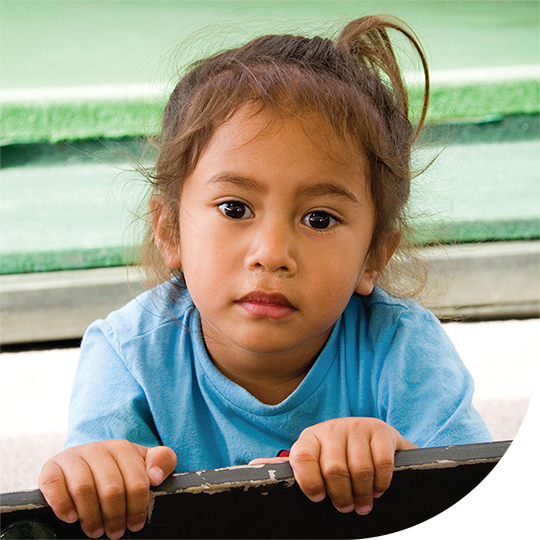8 Steps To Manage Your Anger
STEP 1
Learn to recognise your early warning signs.
STEP 2
Call “time-out” for yourself
STEP 3
Don’t allow the situation to become a power struggle.
STEP 4
Walk away from rather than towards your child.
STEP 5
Slow down your breathing, take deep breathes to take in more oxygen.
STEP 6
Yell into a cushion rather than shouting at your child.
STEP 7
Redirect your energy away from the child, put on some music, take a bath or something else you find relaxing.
STEP 8
Call the Helpline.

Worried about the safety of a child?
If you are worried about a mum, dad, a child or family that you know, ask yourself what you can do to help, get in touch with a community agency or telephone Parent Help on 0800 568 856 to talk through your concerns.
If you are seeing or hearing abuse of a child, contact the Police (111) or Oranga Tamariki 0508 326 459 immediately.

Recognising signs of abuse
It is not always easy to recognise that a child is being hurt or is at risk, so abuse is often undetected. There are indicators (signs, symptoms or clues) that when found, either on their own or in various combinations, can point to possible abuse, neglect or family violence.
Indicators can be:
- Physical – such as bruises or burns and relate to a child’s physical condition.
- Behavioural – such as a child cringing or flinching if touched unexpectedly; or a caregiver constantly calling a child ‘stupid’ or ‘dumb’. Behavioural indicators can be displayed by a child or by the alleged abuser.
Indicators do not necessarily prove that a child has been harmed. They alert us that abuse may have occurred and that a child may require help or protection. Sometimes indicators can result from life events that do not involve abuse, such as divorce, accidental injury, the arrival of a new sibling etc.
(Child Matters CPS)

Some success stories
For five years a single parent has used the helpline to check out her responses to the difficult and challenging behaviours of her teenage daughter. Her daughter was involved with drugs and alcohol from a young age; had angry outbursts including damaging property and truanted from school. The Police had been called repeatedly. The parent was determined not to give up on her teenager and called the helpline at the time of each incident to talk through how she would deal with it. Recently she told a helpline volunteer that without Parent Help she or her daughter would not have survived. Her daughter’s behaviour and their relationship has improved. “It's not perfect yet but we're getting there” the parent told us.



“I’m worried about my son, he’s very lonely” was the reason a Dad phoned us. His son had told him that other children wouldn’t play with him. With some suggestions from the helpline support worker, the Dad decided on a plan of action: he would help his son find ways to deal with the bullying remarks using role plays and other techniques and would also go back to the school to ask the teacher to support what he was doing. He rang back a few months later to say that his son was much happier and that he was now playing with some classmates after school and had been invited to some birthday parties.


ANGER


ABUSE

STORIES

 Donor Validated
Donor Validated





